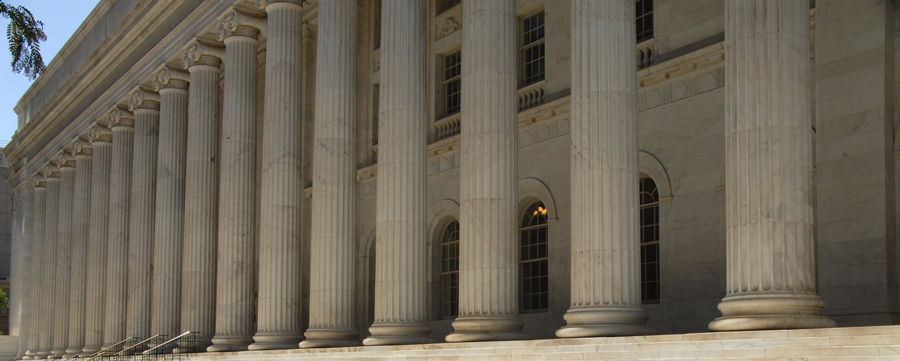Abstract
This note reconsiders the principle of jury secrecy in light of developments over the centuries since this principle was established. The note traces the history of this principle from Medieval times through the present day. The principle arose in England several centuries ago, and its precise interaction with the Sixth Amendment is somewhat unclear. Yet, the Supreme Court has enforced it strictly in recent decades. Ultimately, the note argues that many of the principle benefits of strict jury secrecy have waned as society has become increasingly democratic, thereby lessening the need for protection from arbitrary prosecutions. The note considers a variety of potential improvements upon the current strict model of jury secrecy, and endorses the model recently enacted in Spain, whereby jurors deliberate in secret but must issue written findings more robust than “guilty” or “not guilty.”
Keywords
jury secrecy, criminal law, verdict, criminal procedure, juries, justice
